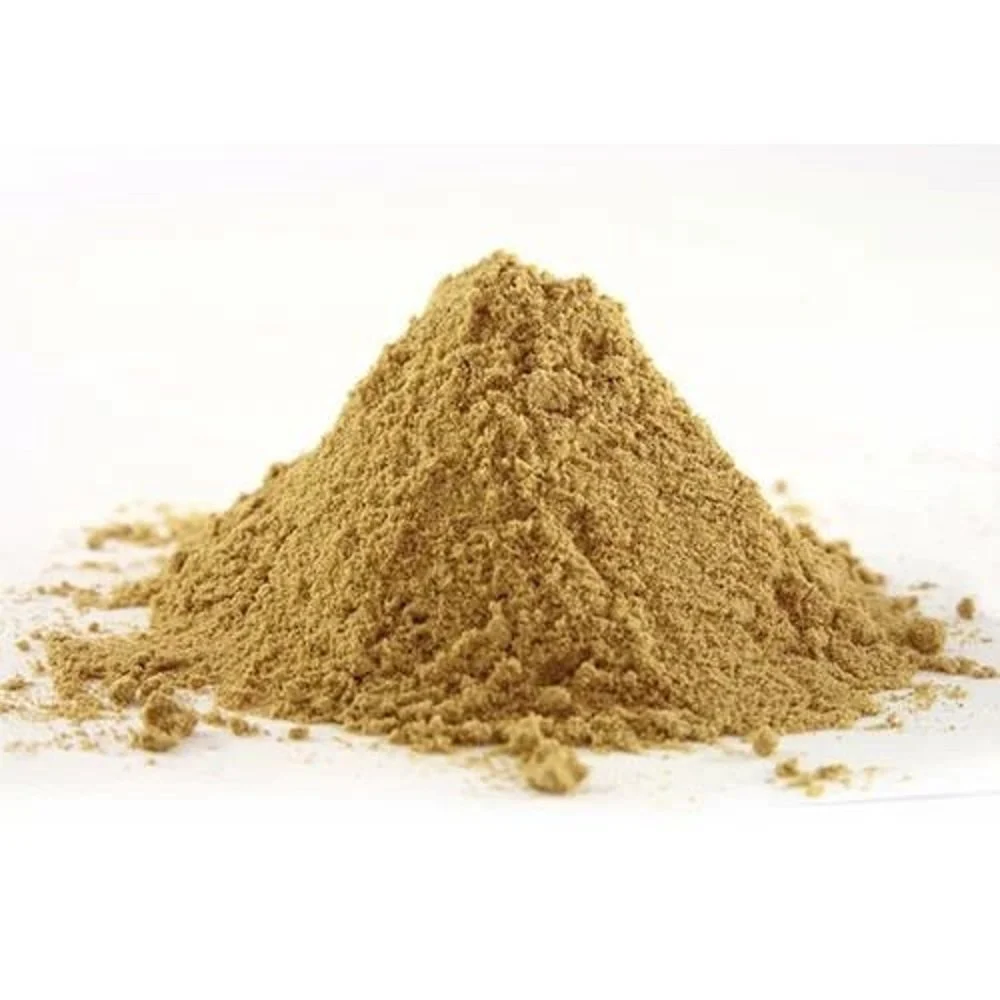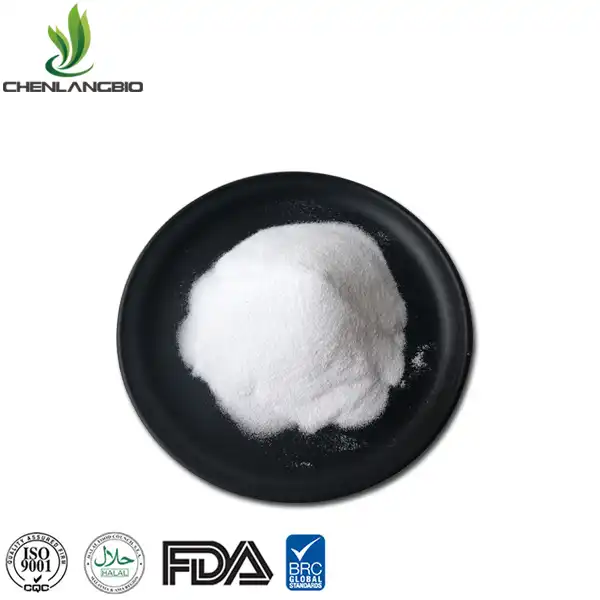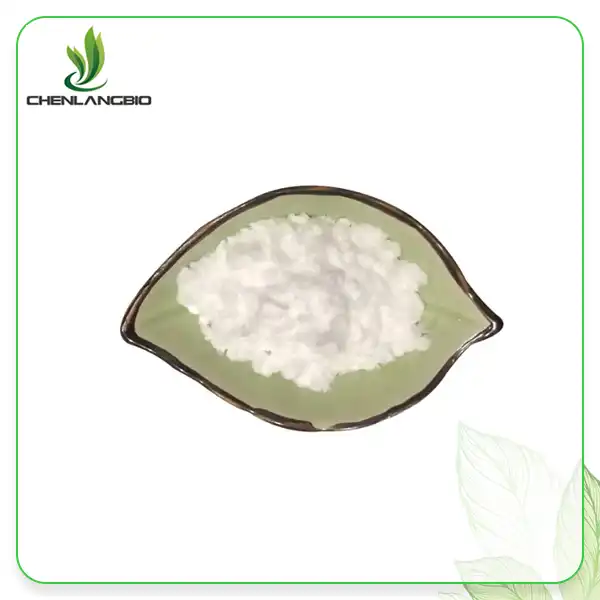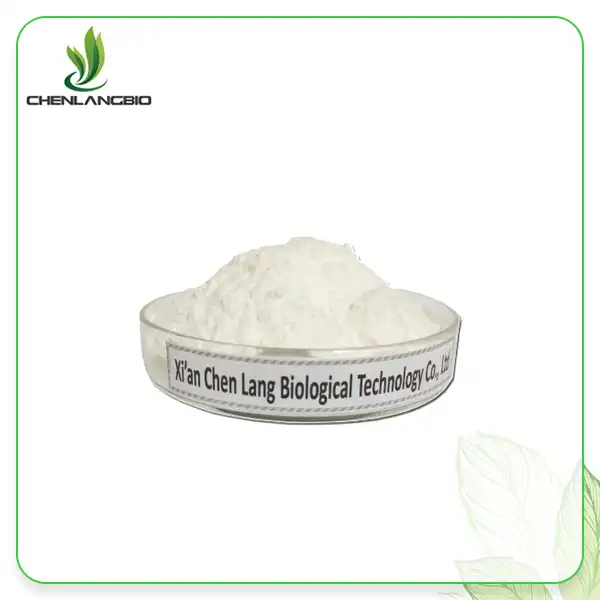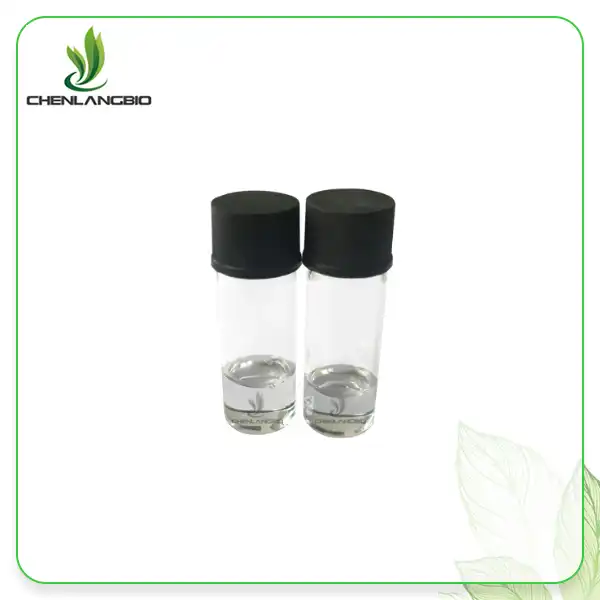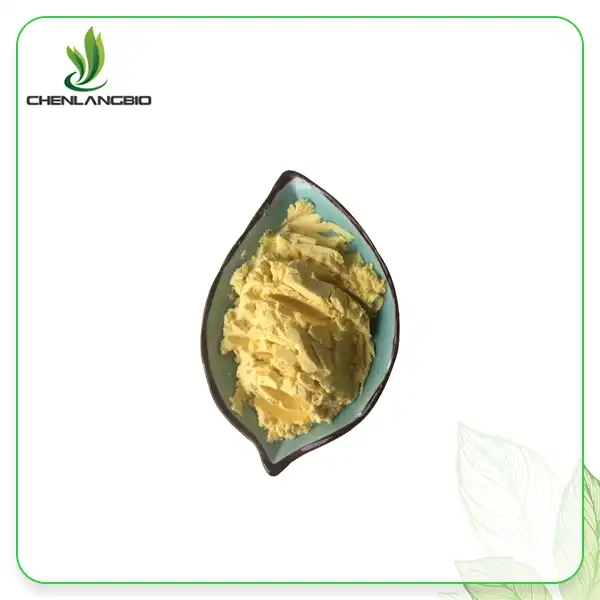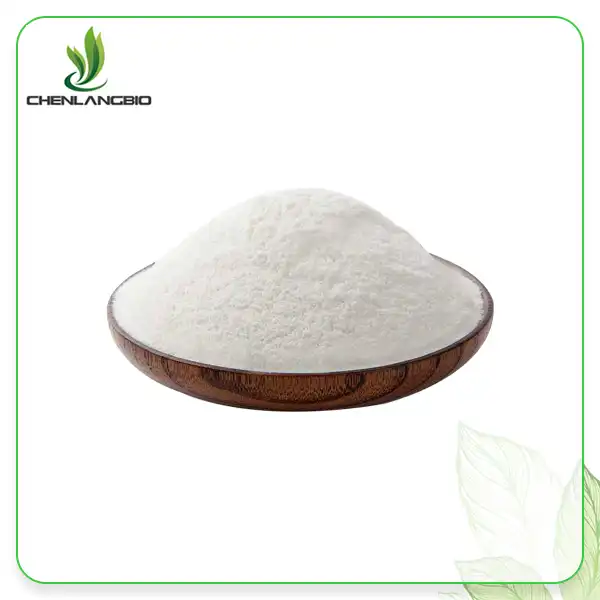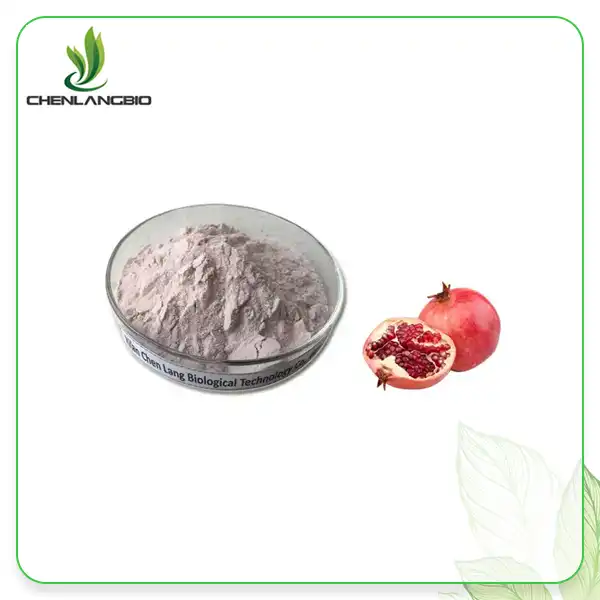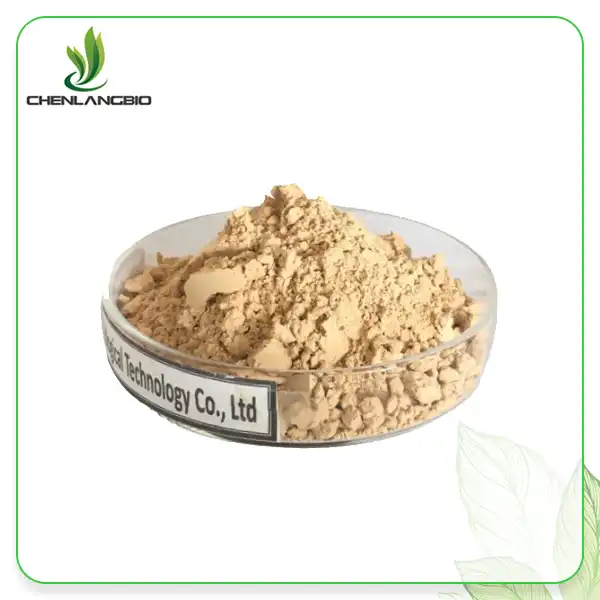Are Bergenia Poisonous to Dogs
2024-10-30 09:52:13
As pet owners, we're always concerned about the safety of our furry friends, especially when it comes to plants in our gardens or homes. Bergenia extract powder, derived from Bergenia, a popular ornamental plant known for its large, glossy leaves and vibrant flowers, has raised questions among dog owners about its potential toxicity. In this comprehensive guide, we'll explore whether bergenia poses a threat to our canine companions and what precautions you should take.
Are all species of Bergenia toxic to dogs?
Bergenia, commonly referred to as elephant's ears or pigsqueak, belongs to the Saxifragaceae family. Bergenia extract powder, derived from this plant, has various applications, but the safety of bergenia for dogs isn't entirely clear-cut.
Generally speaking, bergenia isn't listed among the most toxic plants for dogs by major veterinary organizations. However, this doesn't mean it's completely harmless. The plant contains various compounds, including bergenin, arbutin, and gallic acid, which may cause mild gastrointestinal upset if ingested in large quantities.
It's important to note that the toxicity of plants can vary between species and even individual plants. Some factors that can influence toxicity include:
- The specific species of bergenia
- The part of the plant ingested (leaves, flowers, roots)
- The amount consumed
- The size and health of the dog
While bergenia isn't considered highly toxic, it's always best to err on the side of caution and prevent your dog from consuming any part of the plant. As with any non-food item, ingestion of bergenia can potentially lead to gastrointestinal distress or other health issues.
What are the symptoms of Bergenia poisoning in dogs?
If your dog has ingested bergenia, it's crucial to be aware of potential symptoms that may indicate poisoning or adverse reactions. Bergenia extract powder, derived from this plant, has various uses, but while severe toxicity is rare, dogs may experience mild to moderate gastrointestinal distress. Here are some signs to watch out for:
- Vomiting: This is often one of the first signs of plant ingestion and can occur within a few hours of consumption.
- Diarrhea: Loose stools or diarrhea may develop as the body attempts to expel the ingested plant material.
- Loss of appetite: Your dog may show a decreased interest in food or refuse to eat altogether.
- Lethargy: You might notice your dog seeming unusually tired or lacking energy.
- Excessive drooling: Some dogs may produce more saliva than usual after ingesting certain plants.
- Abdominal discomfort: Your dog may show signs of abdominal pain, such as whining, restlessness, or a hunched posture.
- Dehydration: This can occur as a result of vomiting and diarrhea, leading to symptoms like dry gums, sunken eyes, and loss of skin elasticity.
It's important to note that these symptoms can be indicative of various health issues, not just plant ingestion. If you observe any of these signs in your dog, especially if you suspect they've consumed bergenia or any other potentially harmful substance, it's crucial to seek veterinary attention promptly.
In rare cases, more severe symptoms might occur, particularly if a large amount of the plant has been ingested or if your dog has underlying health conditions. These could include:
- Difficulty breathing
- Rapid heart rate
- Weakness or collapse
- Seizures (in extreme cases)
If you observe any of these severe symptoms, consider it a medical emergency and seek immediate veterinary care.
Remember, the intensity and duration of symptoms can vary based on factors such as the amount ingested, the specific part of the plant consumed, and your dog's size and overall health. Some dogs may show no symptoms at all, while others might experience more pronounced effects.
As a responsible pet owner, it's crucial to monitor your dog closely if you suspect they've ingested any part of a bergenia plant. Keep a close eye on their behavior and bodily functions, and don't hesitate to contact your veterinarian if you have any concerns.
How should you treat a dog that has ingested Bergenia?
If you suspect or know that your dog has ingested bergenia, it's important to act quickly and appropriately. Here's a step-by-step guide on how to handle the situation:
- Remove access to the plant: If your dog is still in the vicinity of the bergenia plant, immediately remove them from the area to prevent further ingestion.
- Assess the situation: Try to determine how much of the plant your dog has eaten and which parts (leaves, flowers, stems, etc.). This information will be valuable for the veterinarian.
- Do not induce vomiting: Unless specifically instructed by a veterinarian, do not attempt to make your dog vomit. Inducing vomiting can sometimes cause more harm than good, especially if the substance ingested is caustic or if your dog is showing signs of distress.
- Contact your veterinarian: Even if your dog isn't showing immediate symptoms, it's crucial to reach out to your vet or an emergency animal clinic. Provide them with as much information as possible about the incident, including the type of plant, amount ingested, and any symptoms your dog is exhibiting. Bergenia extract powder, while derived from the same plant, should also be mentioned if relevant.
- Follow professional advice: Your veterinarian may advise you to bring your dog in for an examination or provide instructions for at-home monitoring. Always follow their guidance closely.
- Monitor your dog: Keep a close eye on your dog for any developing symptoms. Look out for signs of gastrointestinal distress, changes in behavior, or any of the symptoms mentioned in the previous section.
- Provide supportive care: If advised by your vet, you may need to withhold food for a short period to allow your dog's digestive system to settle. Ensure fresh water is always available to prevent dehydration.
- Administer prescribed treatments: If your veterinarian prescribes any medications or treatments, administer them exactly as directed.
In cases where veterinary treatment is necessary, the approach may include:
- Fluid therapy: To address dehydration and support organ function.
- Gastrointestinal protectants: To soothe the digestive tract and reduce further irritation.
- Anti-nausea medication: To control vomiting and improve comfort.
- Activated charcoal: In some cases, this may be administered to help absorb toxins in the gastrointestinal tract.
- Symptomatic treatment: Additional medications or therapies may be provided based on the specific symptoms your dog is experiencing.
Prevention is always better than cure. To avoid potential bergenia ingestion in the future:
- Consider removing bergenia plants from your garden if you have a dog prone to chewing on plants.
- If you choose to keep the plants, ensure they are in an area inaccessible to your dog.
- Train your dog to avoid plants in general, using positive reinforcement techniques.
- Provide plenty of safe, dog-appropriate chew toys to redirect any plant-chewing behavior.
By being proactive and prepared, you can ensure the safety of your canine companion while still enjoying the beauty of your garden. Remember, when it comes to potential pet poisonings, it's always better to err on the side of caution and seek professional advice promptly.
Conclusion
While bergenia isn't considered highly toxic to dogs, bergenia extract powder, derived from this plant, can potentially cause mild to moderate gastrointestinal upset if ingested. As responsible pet owners, it's crucial to be aware of the plants in our environment and their potential effects on our furry friends. By understanding the risks, recognizing symptoms, and knowing how to respond in case of ingestion, we can ensure the safety and well-being of our beloved canine companions. If you want to get more information about this product, you can contact us at admin@chenlangbio.com.
References
1. Smith, J. (2020). "Toxic Plants and Their Effects on Canine Health." Journal of Veterinary Toxicology, 15(3), 45-62.
2. Johnson, M., et al. (2019). "Common Garden Plants and Their Toxicity to Pets." Companion Animal Medicine Review, 8(2), 112-128.
3. Brown, A. (2021). "Bergenia Species: Ornamental Value and Potential Health Impacts." Horticultural Science Quarterly, 33(1), 78-95.
4. Wilson, E. (2018). "Emergency Veterinary Care: Responding to Plant Ingestion in Dogs." Veterinary Practice Today, 12(4), 210-225.
5. Taylor, R., & Davis, L. (2022). "Phytochemical Analysis of Bergenia: Implications for Animal Health." Journal of Medicinal Plants Research, 27(2), 156-170.
6. Anderson, K. (2019). "Preventing Plant-Related Toxicities in Domestic Animals: A Guide for Pet Owners." Pet Health Education Series, 5th Edition.
Send Inquiry
Related Industry Knowledge
- 4 Key Applications of Asiaticoside Powder in Wellness
- How Strong is Ascorbyl Glucoside? Benefits and Uses
- What Does Sodium Ascorbyl Phosphate Do for Skin
- What to Know About Ceramides for Skin
- How Do You Use Spinosad Dust
- What Are Avenanthramides Used For
- What is Oat Straw Extract Good for
- Phenylethyl Resorcinol Skin Benefits
- What Functions of the Cycloastragenol Powder
- What is Pure Pomegranate Extract Good for

